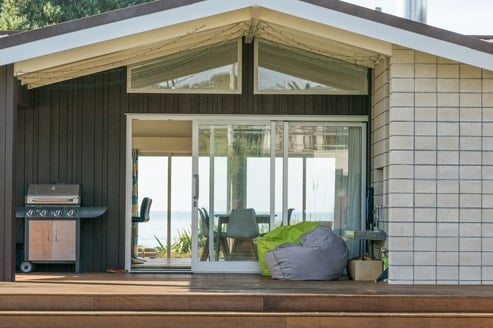Buying a home is a significant investment, and it’s essential to take the time to ensure that the property you’re interested in is in good condition. In Costa Rica, as in many other countries, a home inspection is a crucial step in the home buying process. Here’s what you need to know about home inspections in Costa Rica, and what to look for (and look out for) before purchasing a home.
What is a Home Inspection?
A home inspection is a visual examination of a property’s physical structure, systems, and components. The inspector’s goal is to identify any issues or potential problems with the property that could impact its value or safety. A home inspection typically takes a few hours to complete, and the inspector will provide a report outlining their findings.
What to Look for in a Home Inspection
When conducting a home inspection, there are several key areas you should focus on:
- Foundation: The foundation is critical to a home’s structural integrity. Look for any cracks or signs of settlement in the foundation walls, as well as any water damage.
- Roof: The roof is another critical component of the home. Look for any signs of damage or wear, such as missing or broken shingles.
- Electrical: Make sure the electrical system is up to code and functioning properly. Look for outdated wiring, overloaded circuits, and any exposed wires.
- Plumbing: Check for leaks, water damage, and signs of mold or mildew. Make sure the water pressure is adequate and the hot water heater is functioning correctly.
- HVAC: Make sure the heating, ventilation, and air conditioning systems are functioning correctly. Look for any signs of damage or wear, such as dirty air filters or rusted components.
What to Look Out for in a Home Inspection
While a home inspection can identify most issues with a property, there are some things that may not be covered. Here are some potential red flags to watch out for:
- Structural issues: While the inspector will look for any visible signs of structural issues, some problems may not be apparent until you’ve lived in the home for some time. Look for any signs of settling or shifting, such as cracks in the walls or doors that won’t close properly.
- Pest infestations: While an inspector may note signs of a pest infestation, such as termite damage, they may not be able to determine the extent of the problem. Consider hiring a pest control specialist to conduct a more thorough examination.
- Environmental hazards: A home inspector will typically not test for environmental hazards such as lead or asbestos. If you’re concerned about these issues, consider hiring a specialist to conduct additional testing.
A home inspection is a crucial step in the home buying process, and it’s essential to take the time to ensure that the property you’re interested in is in good condition. By focusing on the key areas outlined above and watching out for potential red flags, you can make an informed decision about whether the home is right for you.
Flamingo Beach Realty is your go-to for information on relocating and finding the perfect home in Costa Rica. With combined experience of over 30 years, you can rely on us to make your transition to Costa Rica seamless. Get in touch here to learn more.




